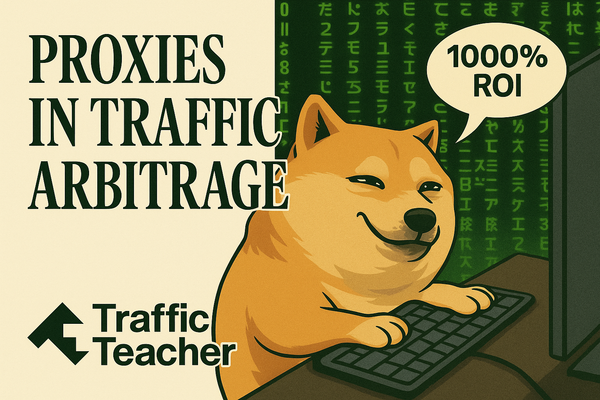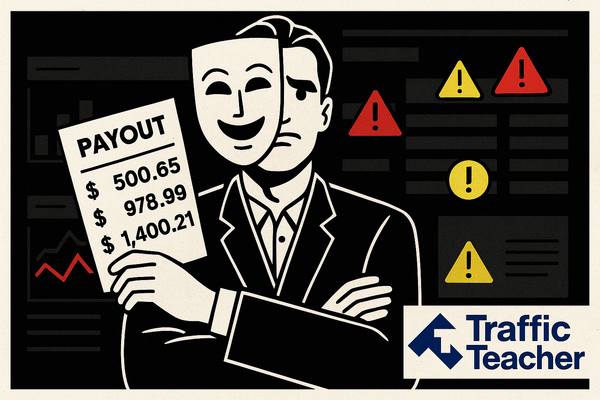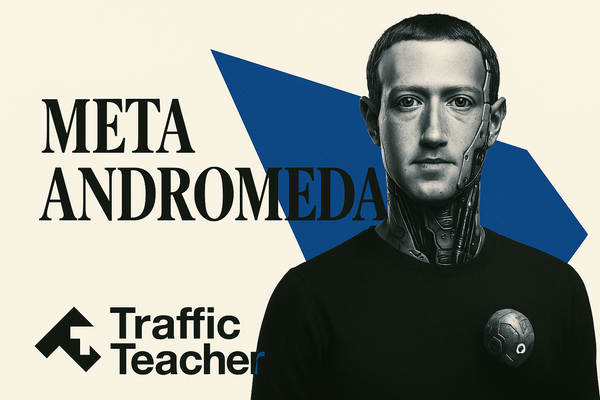Is It Really That Easy to Become a Top Media Buyer?

To Think Like an Addict, You Have to Become One
Why people take risks — and why excitement sells.
Ever wonder why people gamble? What makes someone risk it all when the odds are stacked against them? Simple: to think like an addict, you have to become one — at least for a moment. Let’s dive in.
What Is Excitement, Really?
Excitement is the emotional high that comes from expectation — the feeling of almost winning, of being close. It’s not the reward itself, it’s the rush before it. That mix of uncertainty, danger, and potential gain triggers the same dopamine loop that keeps people coming back to the table, the screen, or the bet slip.
The twist? That same mechanism fuels most addictions. Gambling, drugs, even social media — different outlets, same brain chemistry. Over time, the player isn’t chasing money anymore. They’re chasing that feeling.
A Quick Trip Through History
Humans have been gambling for thousands of years. Ancient Indians wrote about dice games in the Mahabharata and Rig Veda. Greeks rolled dice during the Trojan War. The Persian queen Parysatis was known for her obsession with it.
By the 15th century, playing cards hit Europe — hand-drawn, expensive, and quickly abused by scammers. England even passed its first laws regulating gambling houses by 1541. Fast forward to today, and the casino just moved to your phone.
Why Addiction Happens
Some people can walk away. Others can’t. The difference often lies in how their brains wire reward and control. A few triggers make the slope steeper:
- Accessibility — Online casinos, crypto bets, slots in your pocket 24/7.
- Advertising — Flashy promises of quick wins.
- Social proof — “Those who don’t risk, don’t drink champagne.”
- Comparison — Watching someone else flaunt their wins online.
- Escapism — Using play to numb what’s off in real life.
Each win drops a little dopamine hit. Each loss makes the brain crave redemption. That’s how pleasure turns into compulsion.
The Ad Connection
Now, why does this matter for marketers? Because excitement sells.
If you understand what drives the addict, you understand what drives attention. Every successful ad is built on the same triggers: uncertainty, reward, anticipation, risk.
To make effective campaigns, you need to understand the mind of the person chasing the high — not to exploit it, but to recognize how easily it’s triggered.
Want to Go Deeper?
Here are a few reads that dissect this world from the inside:
- Mario Puzo — Fools Die
A brutal, cinematic dive into gambling, media, and human weakness. - Michael Shackleford — Gambling 102
Explains the logic behind chance — math meets psychology. - Ian Fleming — Casino Royale
Bond, money, ego, and the illusion of control. Fiction, but painfully real.
Final Thought
Gambling is more than entertainment — it’s a mirror of human nature. The same forces that make someone spin the wheel drive the clicks behind every ad campaign. The difference is whether you control the game or get lost in it.


